Asia
Meet The Women ISIS Is Afraid Of
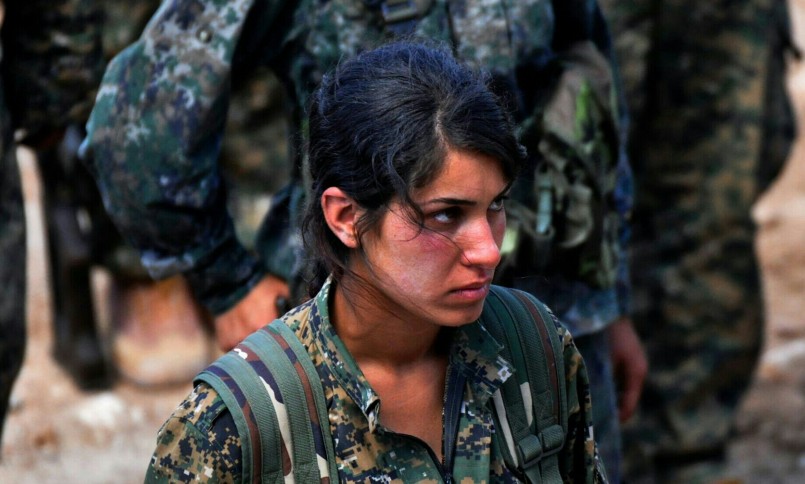
Image: Flickr
Meet The Women ISIS Is Afraid Of
It’s no secret that ISIS fighters aren’t exactly feminists. The examples of the abuse they level towards women they capture, including slavery, murder and rape, are so extensive and horrifying that there is little in the history of humanity to compare them to. They use twisted interpretations of the Quran to justify enslaving the women they capture and have even been documented selling them like cattle. Fortunately, there is a division of hard-core Kurdish ass kickers fighting to put an end to the self-styled Islamic State. They also happen to be the women ISIS is afraid of.
The Peshmerga are the official fighting force of independent Kurdistan. The name literally means “Those who face death”, and for the 7,000 women who make up the all-female units of Kurdistan, the name is all too fitting.
Kurdistan is an autonomous region that describes the areas of Turkey, Iraq, and Iran which have significant Kurdish populations. While it is the ancestral homeland of the Kurdish people, until recently, the Kurds were marginalized and often subjected to horrendous brutality in these countries. This was particularly true in Iraq, where Saddam targeted them with chemical weapons. As a result, they have been struggling for decades for independence.
As you can imagine now that the Kurds have a semi-official state of their own, the Peshmerga isn’t planning on handing it over to ISIS without a fight.
The region of Kurdistan lies at the border of ISIS controlled territory in Iraq, and militant attacks against its communities are frequent and intense. As far as the forces fighting ISIS go, the Kurds are probably some of the best. While I hesitate to suggest that they are winning the war, they are definitely holding their own. ISIS has learned to fear Kurdish forces, especially the women, since there is a belief among Islamic State militants that if you are killed by a woman you don’t get to go to paradise. Berytan, a 27 year old woman who was featured in a PBS documentary on the subject, is a Peshmerga fighter. She describes how ISIS fighters react to seeing her on a battlefield, “When I fight against them, I feel stronger, empowered because when they see women, they go weak at the knees. Because according to their belief, they must not be killed by a woman. When they see us, they prefer to run away not to be killed by us.”
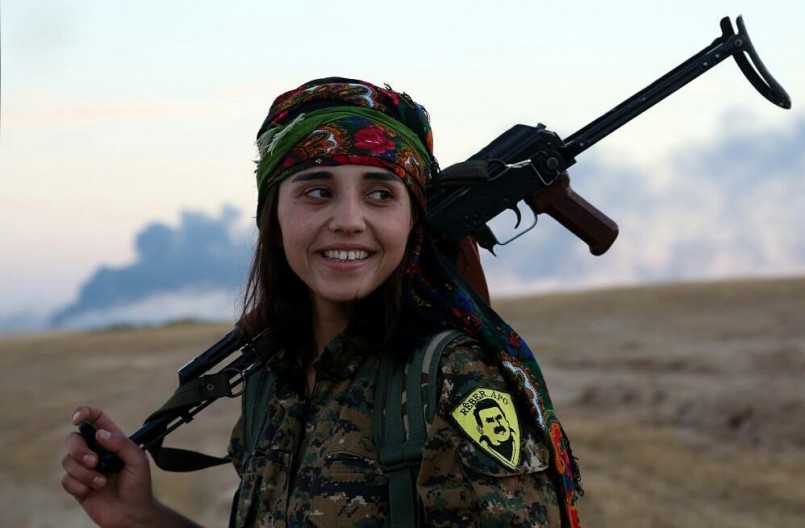
Image: Flickr
That’s not the only reason ISIS should be afraid of them. The women of Kurdistan have been involved in key battles, like when they made up 40% of the force that retook the Kurdish border city of Kobani last year. When you listen to these women describe their battles in their own words, you get an even greater sense of the fact that not only are they determined and brave, they are lethal. Berytan describes her last operation this way, “As you know, I am a sniper. In the last battle, I killed three of them and injured one.”
What makes them so fierce may be that they have a better motivation than most soldiers to win, knowing that if they fail to defeat ISIS, they and every woman in their community will be subjected to brutal slavery. Knowing what is likely to happen to them if they fall into enemy hands, many have resolved to save their last bullet for themselves if necessary. Berytan: “We will kill ourselves, not let them capture us, not to face the same situation. I am not the only one who thinks like that. All our women fighters will not surrender.”
It’s important to remember that these aren’t just Rosie the Riveter-style symbols of female empowerment. These women are soldiers in a brutal, destructive conflict which largely operates outside the established international code for warfare. They face death on a regular basis, and criticism has been leveled at the tactics used to recruit these women into the war. Local militia units have been known to draft impressionable young girls while they are still children. This Time photo essay tells the story of Cicek Derek, who was lured away from home at 13 by a charismatic militia leader. Her family describes how she was killed at 17 fighting ISIS.
For the families they leave behind, these women’s heroism is certainly nuanced with tragedy.
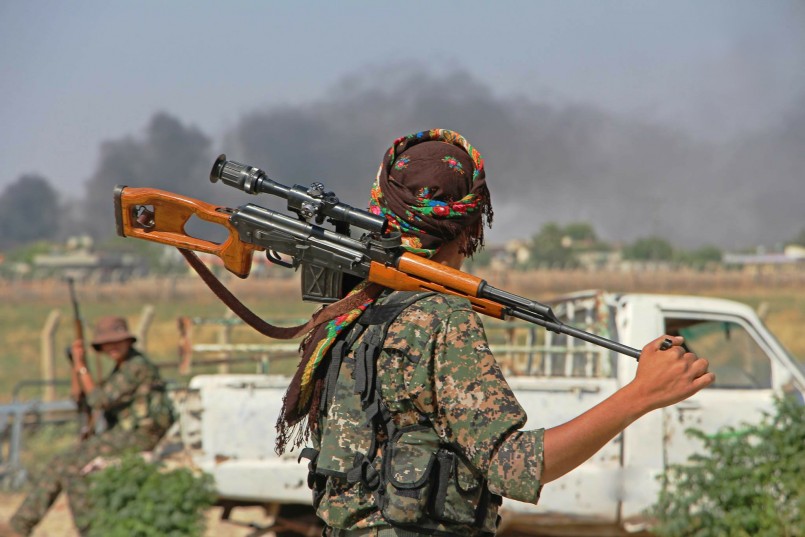
Image: Flickr
While the women are sharing all the same hardships in combat as men, the fact is women in Kurdistan still have a long road ahead of them for true equality. Perhaps the most lasting legacy these women will leave, besides, hopefully, the destruction of ISIS, is a revolution in the way their communities treat women. Having fought and died along with men, I can’t imagine they will hesitate to fight for equality at home. Berytan puts it this way: “If you want to protect yourself and live free, you can’t reach it in our traditional marriages. The slavery begins in the family. When you follow the mentality, that you should marry at a certain age and have children, you then choose to live in a cage. I didn’t want to belong to anyone and I shared this directly with my family and also with my friends.”
If there is any certainty at all in this conflict, it is this: The women on the front lines in Kurdistan, risking their lives to save their families from slavery and death at the hands of ISIS militants, are heroes. And once this fight against ISIS is over, they will carry their determination into the fight for equality. For the women of Kurdistan, this war has transcended a fight for survival to become a struggle for ideals. Berytan says “As a woman when you take your rifle, go out, and get ready to fight against them, even if you don’t kill them, you are fighting against their mentality.” She and the other women of the Peshmerga are fighting not just against the Islamic State, but against the ideology that demands women be denied the right to self-determination.

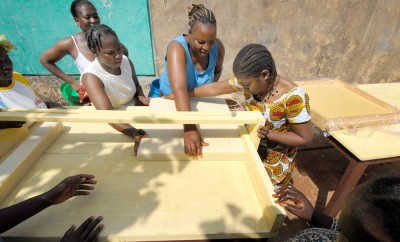
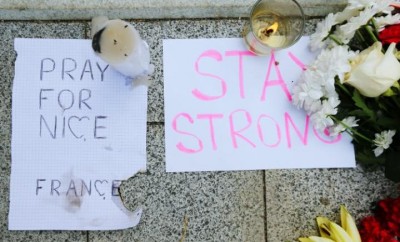


2 Comments